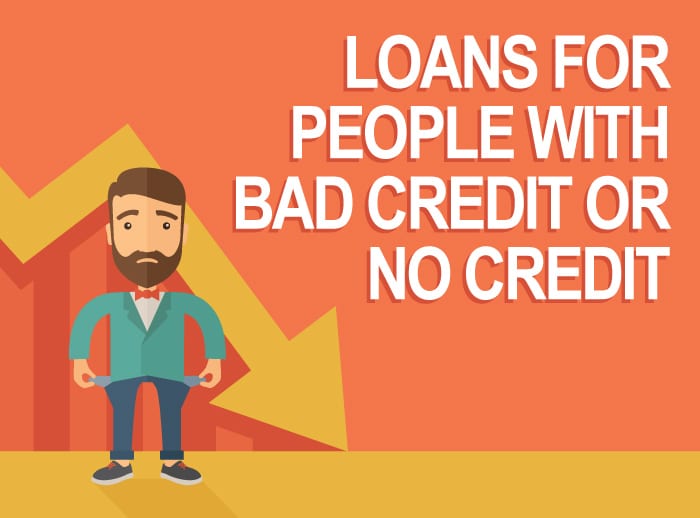Table of Content
That said, it’s important to carry out a title search for your property during a divorce to make sure your spouse hasn’t taken equity out of the house via deception. If you had a home equity loan as a married couple, it’s almost certain that you are both responsible for it. If you live together as a married couple in a house with a mortgage attached, it is regarded as your marital residence and thus as your joint property, even if only one of you is named on the mortgage. You can also open or do a balance transfer to a credit card with a 0% promotional period to borrow money with no interest attached. But you’ll need to pay off the amount before the promo period ends, or you could get stuck with sky-high interest charges.

Typically, you will use the proceeds from the sale to pay off the home equity loan in full, alongside your regular mortgage. Paying off your home equity loan in this way will also reduce the interest payments you would otherwise make over the life of the loan and may even improve your credit score. It most certainly is possible to borrow money in retirement, though your options may not be as extensive as those for people with full-time employment. Retirees need to be very careful about any loans they take out so that their savings and retirement income aren’t adversely affected.
How to Get Equity out of Your Home Without Refinancing
By the end of 2020 Americans in their 60s accumulated nearly 2½ times more mortgage debt than Americans in their 60s just 10 years prior, according to the Federal Reserve Bank of New York. Many Americans have exhausted their emergency savings after losing their jobs or receiving a lower income due to the Covid-19 pandemic. Wealth Management How Insurance Can Help with Retirement Planning Apr 19, 2022 Insurance isn’t just for supporting dependents if something happens to you. Morgan Stanley Smith Barney LLC is a registered Broker/Dealer, and not a bank.
Most hospitals, for instance, will let you make payments on your medical debt, often with zero interest. Of course, you should always keep in mind that borrowing against the place in which you live carries significant risk. If for some reason you become unable to make the payments, you’ll suddenly find yourself without a roof over your head.
Mistakes to Avoid in Retirement
Nevertheless, it may be better to take out a loan than to deplete your nest egg. A home equity loan gives the borrower an up-front lump sum that is paid back over a set period of time with a fixed interest rate and payment amount. A HELOC, on the other hand, is a credit line that can be used as needed. HELOCs usually have variable interest rates, and the payments generally are not fixed.

The interest you pay is so little, and that's just if you actually use the line. If you don't use the line of credit, it's just an insurance policy. What would you do if you all of a sudden needed $10,000 for something you felt was important (e.g. medical, home repair, etc.)?
Tapping Home Equity with a Home Equity Line of Credit (HELOC)
However, homeowners can no longer deduct interest paid on a home equity loan —unless the loan is used for renovation on the home anchoring the loan. The deduction was eliminated or banned from 2018 to the end of 2025 due to the passage of the Tax Cuts and Jobs Act of 2017 by the U.S. If your financial need is for some other purpose, you no longer get a tax deduction. A cash-out refinance of your mortgage may get you a lower interest rate, but the fees could outweigh what you save in interest. If you’re 62 or older, there is a home equity line of credit option that offers greater financial flexibility than a traditional Home Equity Line of Credit .
We do not include the universe of companies or financial offers that may be available to you. Market price returns are based on the prior-day closing market price, which is the average of the midpoint bid-ask prices at 4 p.m. Market price returns do not represent the returns an investor would receive if shares were traded at other times. 3 Dividend payments are not guaranteed, and are only paid when declared by an issuer's board of directors. These loans have very high interest rates—anywhere from 390% to 780% APR and even higher in some cases—plus fees and can be predatory.
Many older Americans who don’t work may not have found an outlet to devote extra time to. Staying at home and, for example, watching TV all day can take a toll on your mental health, and being out of the workforce may make you feel socially disengaged. If you don’t think your current income will cover you for the long term, you may want to start putting feelers out for work again. Even if you don’t want to go back to what you were doing before retirement, you can find meaningful, paying work. We’re transparent about how we are able to bring quality content, competitive rates, and useful tools to you by explaining how we make money. Bankrate follows a strict editorial policy, so you can trust that our content is honest and accurate.

Our mission is to provide readers with accurate and unbiased information, and we have editorial standards in place to ensure that happens. Our editors and reporters thoroughly fact-check editorial content to ensure the information you’re reading is accurate. We maintain a firewall between our advertisers and our editorial team.
Our editorial team receives no direct compensation from advertisers, and our content is thoroughly fact-checked to ensure accuracy. So, whether you’re reading an article or a review, you can trust that you’re getting credible and dependable information. Dori Zinn has been a personal finance journalist for more than a decade. Aside from her work for Bankrate, her bylines have appeared on CNET, Yahoo Finance, MSN Money, Wirecutter, Quartz, Inc. and more. She loves helping people learn about money, specializing in topics like investing, real estate, borrowing money and financial literacy.
If you have any other home equity debt, you must pay it off or roll it into the new mortgage up to the limit. The alternative is to borrow from your home equity with your home as collateral. You can refinance an existing mortgage and take cash out, borrow with a home equity loan or line of credit, or apply for a reverse mortgage. A HELOC can provide an alternative to selling investments or taking large retirement account withdrawals. By borrowing the funds, you can gradually repay the money rather than disrupting your portfolio.
You have to leave a minimum of 20% equity in your home if you take out a home equity loan. Get started with Unison by visiting their website and using the online pre-qualification tool to see if your home is eligible for Unison HomeOwner and you potentially qualify for a co-investment. If you have, for instance, unexpected medical debt, you could use your home as a temporary emergency fund. And suddenly, you’re underwater on a home that was once close to paid off. Run the numbers with a financial planner to see whether it makes sense to buy a new place or to rent instead.

It’s also important to understand that banks have the right to freeze home equity credit lines during the draw period. This is not common, but it happened during the financial crisis, when some banks got extra nervous amid falling home values. Homeowners who had a HELOC and wanted to use it were out of luck. A home equity loan—also known as a second mortgage—allows a homeowner to cash out some of their home equity.
We do not offer financial advice, advisory or brokerage services, nor do we recommend or advise individuals or to buy or sell particular stocks or securities. Performance information may have changed since the time of publication. If you can either avoid or lower withdrawals in down years, you can increase the expected life of your portfolio and your potential lifetime income stream. A home equity line of credit can be used for this purpose—an alternative source of cash in down years, then you gradually repay it as your portfolio recovers. A home mortgage is a loan given by a bank, mortgage company, or other financial institution for the purchase of a primary or investment residence.
When you do sell your home, "if you feel you need some extra income in retirement, any profit could be invested to provide the potential for growth," says Greenberg. Consult your tax advisor on how this might apply to your situation. To be sure, investors should consider a number of factors when including home equity in their retirement plan.

No comments:
Post a Comment